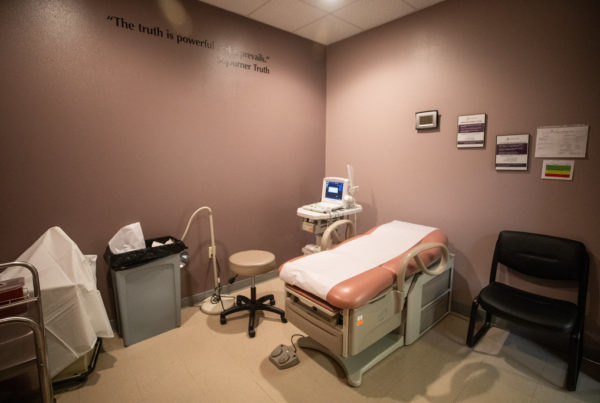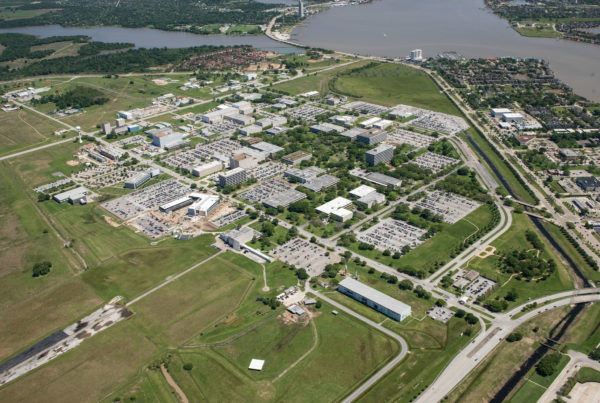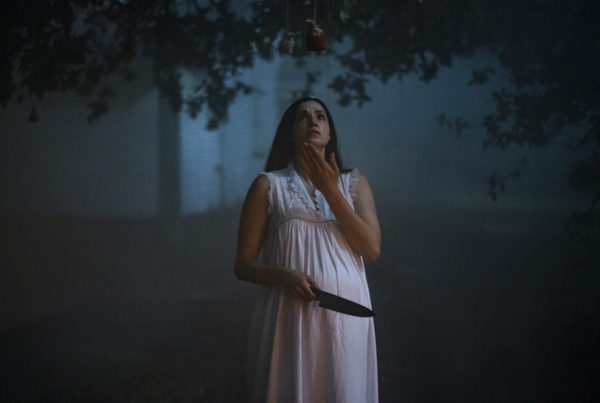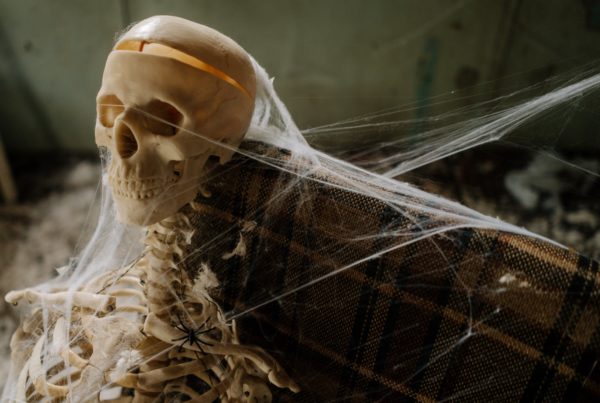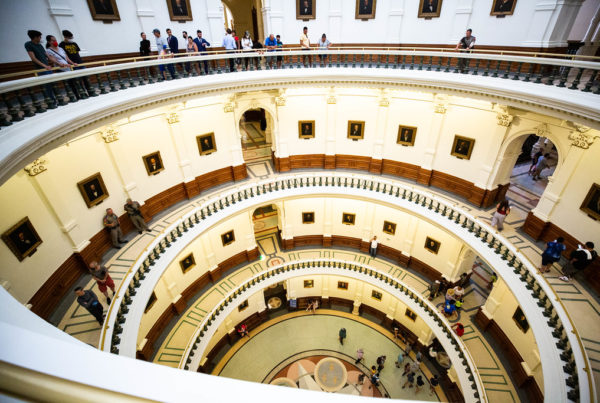Joe Belden’s career was sparked in many ways by the 1936 presidential election. It was a landmark in the world of public opinion polling – and not fully in a good way.
A major nationwide publication, Literary Digest, famously predicted that Franklin Delano Roosevelt would lose. Their mistake was that they only surveyed people with telephones. Pollster George Gallup included people who did not have phones. And he got it right.
At the University of Texas at Austin, a young Joe Belden took notice. His son recalls the story.
“He wrote a letter to George Gallup, founder of the Gallup poll, of course, and asked, ‘How do you do a survey? How do you do a poll?’” Tom Belden said. “Gallup wrote Joe a two-page, single-spaced letter that outlined to him how you draw a representative sample. And he learned how to do it. And he started, what he said invented, the Bureau of Student Opinion.”
It was Belden’s first venture into public opinion polling.
“He enlisted, I think at one time, 80 other college newspapers to interview four or five or 10 people each,” Tom Belden said. “They would all mail the results. He would do surveys about, ‘What do you think about the war in Europe? What do you think about a draft?’ The draft was being debated, but it hadn’t started yet.”
Belden was born in 1915 in Eagle Pass. His grandfather was the Mexican consul. Belden spent his childhood in Mexico but finished high school in Eagle Pass. Then, he studied journalism at UT-Austin and graduated in 1939.
He began the Texas Poll in 1941. It surveyed Texans about issues and political candidates. Belden Associates moved its offices from Austin to Dallas and the Texas Poll produced four or so stories based on each survey. These stories were syndicated in as many as 40 Texas newspapers. Belden also conducted polls for political candidates.
“Lyndon Johnson, John Connally, Price Daniel were all clients of the company,” Tom Belden said.
The work was labor and time-intensive. Joe Belden’s daughter, Nancy, worked for her dad during the summers.
“We recruited interviewers by mail — they answered an ad in the paper. There would be training sessions in person but basically from then on, the interviewers received a packet with 20 questionnaires in it, they were given instructions about how to pick a place at random and walk around the block at random and pick somebody in the household at random. They would fill out their questionnaires, they would put them in a big envelope and mail them back. We would open them and, by hand, code them and get them all ready. They were key punched so we didn’t tally them by hand. But what took six weeks in the early 60s can now done in about 12 hours,” Nancy Belden said.
By the late 1950s, Belden Associates also turned its attention to newspaper marketing surveys – and found a ready audience.
“Newspapers themselves didn’t ask their readers what do you like and dislike about the newspaper, until he … and he wasn’t the only one of course … but that he helped develop that business,” Tom Belden said.
Joe Belden retired in 1980 and died in 2005. His legacy lives on in the field of public opinion polling and in how newspapers try to appeal to readers.
This story was produced in collaboration with the Voces Oral History Center at UT Austin’s Moody College of Communication as part of Texas Standard’s recognition of Hispanic Heritage Month.
If you found the reporting above valuable, please consider making a donation to support it here. Your gift helps pay for everything you find on texasstandard.org and KUT.org. Thanks for donating today.




